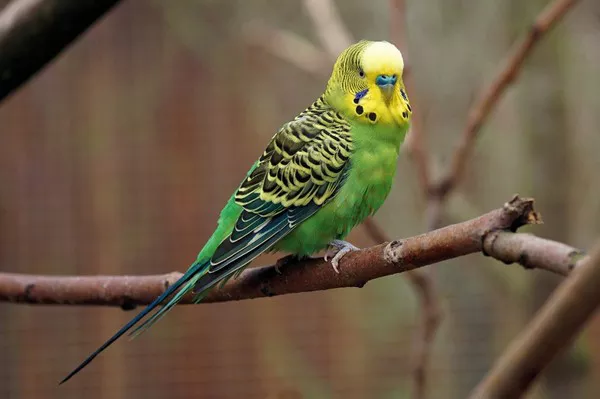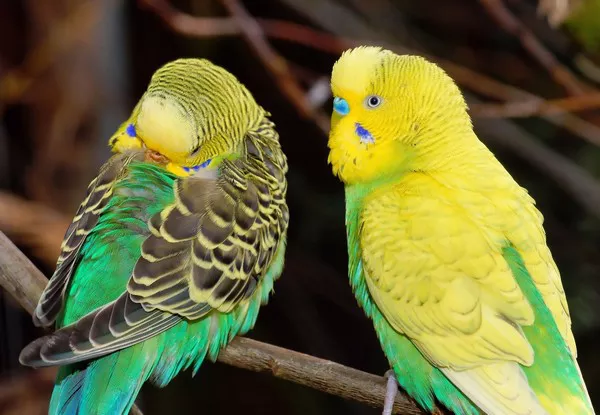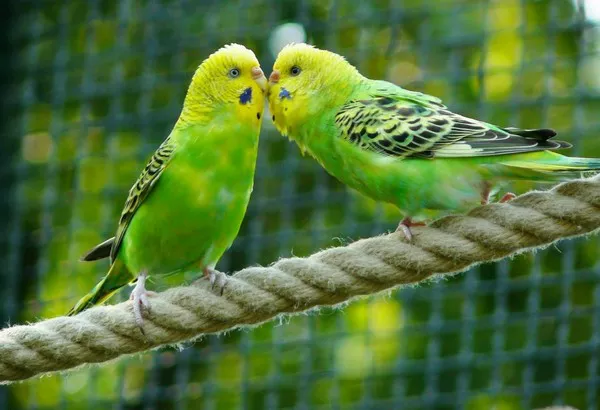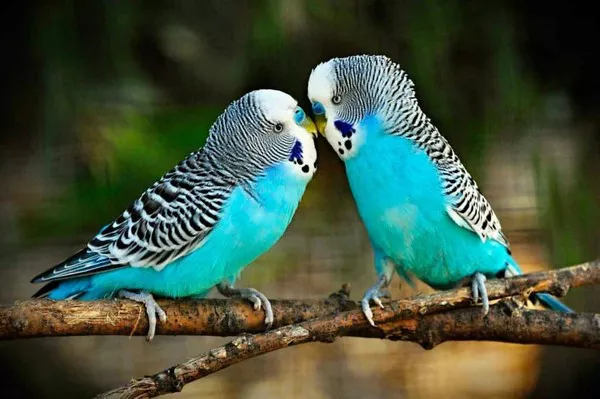Sun Conures, known for their vibrant plumage and friendly personalities, are among the most popular pet birds in the world. Their playful and affectionate nature makes them a beloved companion, but as a pet owner, it is essential to understand their nutritional needs. One of the most common questions asked by bird owners is whether Sun Conures can eat mangoes. Mangoes are a delicious and nutritious fruit, so it’s important to explore if they are a safe and healthy treat for these colorful parrots.
In this article, we will dive into the dietary habits of Sun Conures, the benefits and potential risks of feeding them mangoes, and provide tips for offering mangoes safely to your feathered friend. By the end, you’ll have a better understanding of whether mangoes can be a healthy addition to your Sun Conure’s diet.
Understanding the Sun Conure
Before we dive into the specifics of feeding mangoes to Sun Conures, it’s essential to understand these birds and their dietary needs. Sun Conures, scientifically known as Aratinga solstitialis, are small, tropical parrots native to South America, specifically northeastern Brazil. They are known for their striking yellow and orange feathers, often complemented by touches of green, blue, and red. Their playful and social nature makes them excellent pets, but it also means they require a lot of attention, stimulation, and proper care.
In the wild, Sun Conures thrive in tropical forests and grasslands where they have access to a variety of fruits, seeds, and vegetables. Their natural diet includes a range of fresh produce and natural food sources. As a pet owner, replicating a balanced and diverse diet for your Sun Conure is crucial for their overall health and well-being.
The Diet of a Sun Conure
The diet of a Sun Conure should be based on a variety of foods that mirror what they would consume in the wild. This includes a combination of:
High-quality pellets: Pellets formulated specifically for parrots should make up a large portion of a Sun Conure’s diet. These pellets are nutritionally balanced, providing the essential vitamins and minerals that birds need.
Fruits and vegetables: Fresh produce is an important part of a Sun Conure’s diet. These provide essential vitamins, antioxidants, and hydration. They should be offered in moderation, as part of a balanced diet.
Seeds and nuts: While seeds are often given as treats, they should not make up the bulk of the diet due to their high-fat content. Nuts like almonds, walnuts, and pistachios are also a great treat but should be offered sparingly.
Grains and legumes: Cooked whole grains like quinoa, brown rice, and beans can be a great addition to your Sun Conure’s diet.
Water: Fresh, clean water should always be available for your Sun Conure to stay hydrated.
As you can see, a varied diet that includes fruits, vegetables, and other whole foods is ideal for a Sun Conure. But, as with all pets, moderation is key to ensure that your bird receives the right balance of nutrients.
Mangoes: A Nutritional Powerhouse
Mangoes are a tropical fruit that are not only sweet and delicious but also packed with nutrients. This fruit is rich in vitamins, fiber, and antioxidants, all of which offer a variety of health benefits for both humans and animals. Some of the most notable nutrients found in mangoes include:
Vitamin C: Mangoes are an excellent source of vitamin C, an essential nutrient for maintaining a strong immune system and healthy skin. Vitamin C also acts as an antioxidant, helping to protect the body from harmful free radicals.
Vitamin A: The orange color of a mango is a clear indicator of its high beta-carotene content, which is converted into vitamin A in the body. Vitamin A is important for maintaining healthy vision, skin, and immune function.
Fiber: Mangoes are a good source of dietary fiber, which aids in digestion and helps to maintain a healthy gut.
Antioxidants: Mangoes are rich in antioxidants, including polyphenols, which help protect the body from oxidative stress and inflammation.
Minerals: Mangoes contain potassium, magnesium, and calcium, which contribute to healthy bones, muscles, and nerve function.
These nutrients make mangoes an excellent fruit for humans, but can they benefit Sun Conures as well?
Can Sun Conures Eat Mango?
Yes, Sun Conures can safely eat mangoes, and they can even benefit from the nutrients that mangoes provide. However, as with any new food introduced to a bird’s diet, there are a few important considerations to keep in mind.
Benefits of Mangoes for Sun Conures
Rich in Vitamins: Mangoes provide a healthy dose of vitamins, especially vitamin C and vitamin A, which are essential for maintaining a Sun Conure’s immune system and vision. The high vitamin C content also helps support the bird’s overall health, including skin and feather condition.
Hydration: Mangoes have a high water content, making them a good choice for helping your Sun Conure stay hydrated, especially in warmer weather or if your bird is picky about drinking water.
Digestive Health: The fiber in mangoes promotes healthy digestion, helping to prevent constipation and promoting gut health. Birds, like all animals, benefit from fiber in their diet.
Antioxidant Benefits: The antioxidants in mangoes help protect your Sun Conure from oxidative stress and support overall cellular health.
Variety and Enrichment: Offering mangoes as part of a varied diet can help prevent boredom and provide mental stimulation. Birds are naturally curious creatures, and introducing new flavors and textures helps keep them engaged and satisfied.
Potential Risks of Mangoes for Sun Conures
While mangoes can be a nutritious and tasty treat for your Sun Conure, it’s important to understand that not all parts of the mango are safe for birds.
Mango Pits: The pit or seed of a mango contains compounds that can be toxic to birds. It’s important to remove the pit before offering the fruit to your Sun Conure. The pit can also pose a choking hazard or cause injury to your bird’s digestive system if ingested.
Sugar Content: While mangoes are a healthy fruit, they do contain natural sugars. It’s important to offer mangoes in moderation to avoid feeding your Sun Conure too much sugar, which can lead to weight gain or other health issues like fatty liver disease.
Overfeeding: Too much fruit, including mangoes, can upset your bird’s balanced diet. Fruits should be considered a treat and offered in small portions. Overfeeding fruit can lead to an unbalanced diet, potentially causing nutritional deficiencies.
Chemical Residues: Mangoes, like many fruits, may be treated with pesticides or other chemicals during farming. It’s crucial to wash the mango thoroughly before feeding it to your bird, or even better, buy organic mangoes to reduce the risk of exposure to harmful chemicals.
Allergies: While rare, some birds may develop allergies to certain fruits. It’s important to observe your Sun Conure after introducing mango to their diet. If they show any signs of digestive distress, such as diarrhea or vomiting, discontinue feeding mango and consult a veterinarian.
How to Safely Feed Mango to Your Sun Conure
To safely incorporate mango into your Sun Conure’s diet, follow these tips:
Peel the Mango: Remove the skin of the mango before offering it to your bird. While the skin is not toxic, it can be difficult for your bird to digest. Always serve mango without its skin.
Remove the Pit: Always remove the mango pit, as it is a choking hazard and may contain toxins. Be sure to cut the mango into small, bite-sized pieces that your Sun Conure can easily handle.
Offer in Moderation: Mangoes should be given as an occasional treat, not as a staple of your bird’s diet. Offer small pieces of mango no more than once or twice a week to prevent overfeeding.
Watch for Allergic Reactions: If you are introducing mango to your Sun Conure for the first time, monitor them closely for any signs of an allergic reaction or digestive upset. These signs might include vomiting, diarrhea, or changes in behavior.
Clean the Mango Well: Before feeding mango to your bird, wash it thoroughly to remove any pesticides or chemicals that might be on the skin.
Diversify Their Diet: Mangoes should be just one of many fruits and vegetables that your Sun Conure enjoys. Offer a variety of other safe fruits like apples, berries, or grapes to ensure your bird receives a well-rounded diet.
Other Fruits for Sun Conures
While mangoes are a great option for your Sun Conure, it’s important to offer a variety of fruits to keep your bird’s diet interesting and nutritionally balanced. Some other safe fruits for Sun Conures include:
- Apples (without seeds)
- Pears
- Bananas
- Berries (strawberries, blueberries, raspberries)
- Grapes
- Papaya
- Watermelon
Each fruit provides unique nutrients, so varying the fruits your Sun Conure eats ensures they are getting a wide range of vitamins and minerals.
Conclusion
In conclusion, Sun Conures can indeed eat mangoes, and in moderation, they can enjoy the many health benefits this delicious fruit provides. Mangoes offer a rich source of vitamins, fiber, antioxidants, and hydration, all of which contribute to your bird’s overall health and well-being. However, it’s important to feed mangoes properly by removing the skin and pit, offering small portions, and ensuring the fruit is free from harmful chemicals. Like all treats, mangoes should be given in moderation to avoid upsetting the balance of your Sun Conure’s diet.
Always remember that a balanced diet is the key to a healthy and happy bird. By offering a variety of fresh fruits, vegetables, high-quality pellets, and plenty of fresh water, you can ensure that your Sun Conure leads a long and healthy life, full of colorful feathers and playful antics.
Related Topics:





















